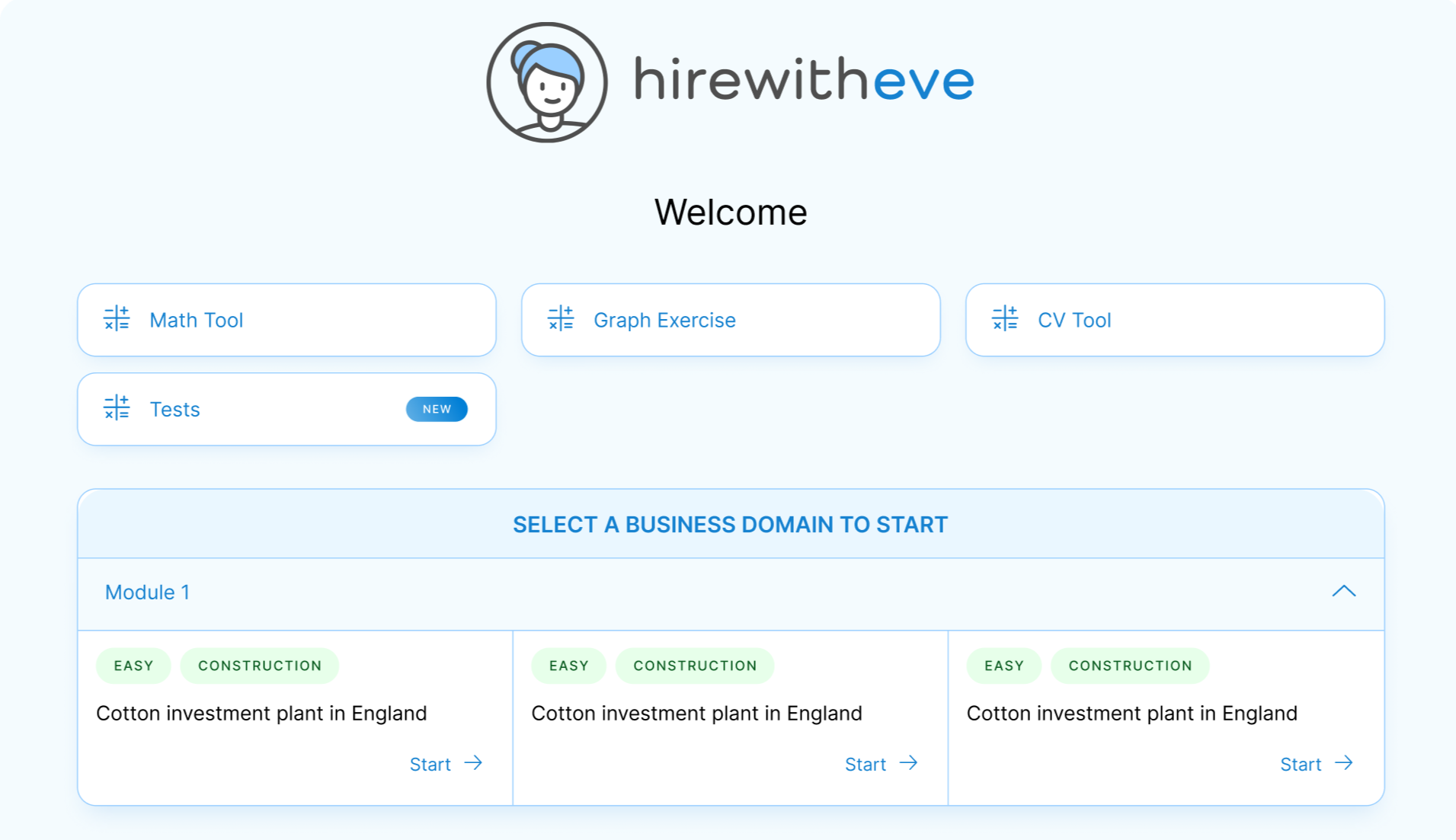Flexible Work Strategies for Talent Retention

If you’re finding it difficult to retain skilled workers or attract new employees, you’re not alone. Many employers face similar challenges. According to recent research, 61% of employers struggle with retention, and 73% find it hard to attract employees. Employee compensation isn’t the only factor contributing to these figures; traditional work arrangements often lack the flexibility that modern employees seek, leading to stress, anxiety, and burnout.
A flexible work policy can be the solution to these retention challenges. By allowing employees more freedom with their hours and working arrangements, you can significantly improve work-life balance, reduce absenteeism, and increase productivity.
In this article, we’ll explore the concept of flexible work, its importance for your talent retention strategy, and the best practices you can implement to keep your key performers. We’ll also showcase how companies successfully use flexible work to retain top talent and how HirewithEve can support your HR team in these efforts.
Table of contents
What is Flexible Work?
Why is Flexible Work Important for Talent Retention?
Best Practices for Leveraging Flexible Work to Retain Your Best Performers
Flexible Work: Examples of Companies Succeeding with this Talent Retention Trend
How HirewithEve Supports Flexible Work and Talent Retention
Conclusion
What is Flexible Work?
Flexible work allows employees the freedom to choose their working hours, locations, and how they perform their tasks. This flexibility can take many forms, including remote work, flexible hours, compressed workweeks, job sharing, telecommuting, flextime, reduced hours, unlimited vacation, and split shifts.
Why is Flexible Work Important for Talent Retention?
Flexible work benefits both employees and employers. For employees, it leads to better wellness, job satisfaction, reduced stress, and a lower likelihood of burnout. Flexible scheduling can reduce stress by 20% and increase job satisfaction by 62%, providing a better work-life balance which is crucial for retention. Employers benefit from improved retention rates, higher productivity, and more engaged employees. For instance, 80% of workers would choose a job with a flexible work schedule, and 30% value flexible work over additional vacation time.
Best Practices for Leveraging Flexible Work to Retain Your Best Performers
Remote Work Options
Remote work allows employees to work from any location, reducing stress from commuting and providing a sense of autonomy. However, it can lead to isolation and communication challenges. To mitigate these risks, companies should use virtual team meetings and project management tools to maintain clear communication.
Industries that commonly use remote work include tech, finance, consulting, and IT. Smaller companies often prefer fully remote work, with 67% of companies with fewer than 100 employees adopting this practice in 2023.
Flexible Scheduling
Flexible scheduling lets employees choose their work hours within a given range, accommodating different lifestyle needs and improving work-life balance. This approach is common in the service and IT industries, as well as among freelance writers, software developers, designers, and virtual assistants.
To avoid potential downsides like schedule abuse, ensure all employees work consistent hours and clearly define coverage needs.
Job Sharing
Job sharing involves two employees sharing the tasks and responsibilities of a single position. This practice is ideal for attracting individuals who need flexible working hours, such as parents or students. It can also help employees transition to retirement by reducing their workloads gradually.
Job sharing thrives on collaboration and is well-suited to industries like project management, nursing, and education.
Results-Oriented Work Environment
In a results-oriented work environment, employees focus on outcomes rather than time spent on tasks. This model reduces absenteeism and stress, decreases hiring costs due to lower turnover, and increases productivity. It’s popular in tech, e-commerce, and marketing but less suited to customer-facing industries.
To implement this effectively, build resilience in the workplace, set clear job descriptions, and establish measurable goals.
Unlimited Paid Time Off (PTO)
Unlimited PTO allows employees to take as much time off as they need, improving workplace trust and work-life balance. While it’s attractive to job seekers, it can lead to overlapping time off and potential abuse. Clear guidelines and expectations can mitigate these issues.
Unlimited PTO works best in industries with a results-oriented work environment, such as tech and social media.
Training and Development Opportunities
Offering flexible training and development opportunities shows a company’s commitment to employee growth. Custom-tailor these programs to each employee’s needs, and use talent assessments to discover skills gaps and hidden talents.
All industries can benefit from providing flexible learning and development opportunities, enhancing employee loyalty, and attracting top talent.
Parental Leave Policies
Comprehensive parental leave policies support employees during significant life events, promoting loyalty and a family-friendly culture. Set clear guidelines on time off and ensure all employees feel respected, regardless of their parental status.
These policies are applicable across all industries and can significantly improve retention.
Employee Assistance Programs
Employee assistance programs offer support for personal challenges, showing a company’s commitment to well-being. These programs are especially useful in high-stress industries like gas extraction, education, finance, and healthcare.
To maximize their effectiveness, ensure the programs cover a wide range of mental health needs and maintain high-quality provider standards.
Flexible Work: Examples of Companies Succeeding with this Talent Retention Trend
Fideres Partners
Fideres Partners, a small economic consulting firm, has built workplace flexibility into its culture. The company is fully remote, using video calls and online social events to keep employees connected. Training programs for managers ensure effective virtual communication, and the office is primarily used for social interactions.
Fujitsu
Fujitsu, an IT services company, employs hybrid work to accommodate employees who must work on-site due to security requirements. The company trains managers to communicate effectively with remote employees, leading to improved work-life balance and higher employee engagement.
Onecom Ltd.
Onecom, a telecom provider, allows employees to work from home four days a week and come into the office one day. The company uses virtual activities and gamification to keep employees engaged and healthy. This flexible approach has been successful, prompting the company to explore additional flexible work options.
Skanska
Skanska, a construction company, has implemented the Flex-It initiative to balance flexibility with on-site work requirements. Pulse surveys help monitor the program’s success, and the initiative has fostered a belief that remote work is possible in more roles.
How HirewithEve Supports Flexible Work and Talent Retention
HirewithEve is designed to support HR managers and talent acquisition specialists in implementing flexible work policies. The software offers tools for talent assessment, ensuring you can identify the best candidates for flexible work arrangements. It also provides resources for employee development and training, helping you retain top talent.
Key features of HirewithEve include:
Comprehensive talent assessments to discover skills gaps and hidden talents.
Custom-tailored training programs that employees can access at their own pace.
Tools for managing remote teams and ensuring clear communication.
Resources for developing and implementing flexible work policies.
By integrating HirewithEve into your HR strategy, you can enhance your talent retention efforts and create a more flexible, productive workplace.
Conclusion
Flexible work arrangements are essential for retaining top talent and improving employee satisfaction. By offering remote work options, flexible scheduling, comprehensive parental leave policies, and more, you can create a work environment that meets the needs of modern employees.
HirewithEve provides the tools and resources needed to support these initiatives, helping you attract and retain the best talent. Implementing flexible work practices not only benefits your employees but also boosts your organization’s overall productivity and growth.
Target Your Talent
Unlock tailored solutions for your recruitment and hiring needs with Eve Platform's extensive case study library.
Subscribe now to enhance your HR expertise and excel in your role.
Free Resources

Transforming Hiring: 7 Key Recruiting Metrics
Enhancing recruitment processes with data-driven insights for better hiring outcomes.

Reducing Hiring Bias with Hirewitheve.
Utilizing Hirewitheve to combat bias and streamline recruitment processes effectively.

Hiring Detail-Oriented Candidates
HirewithEve enhances hiring by accurately assessing candidate's attention to detail-oriented.








